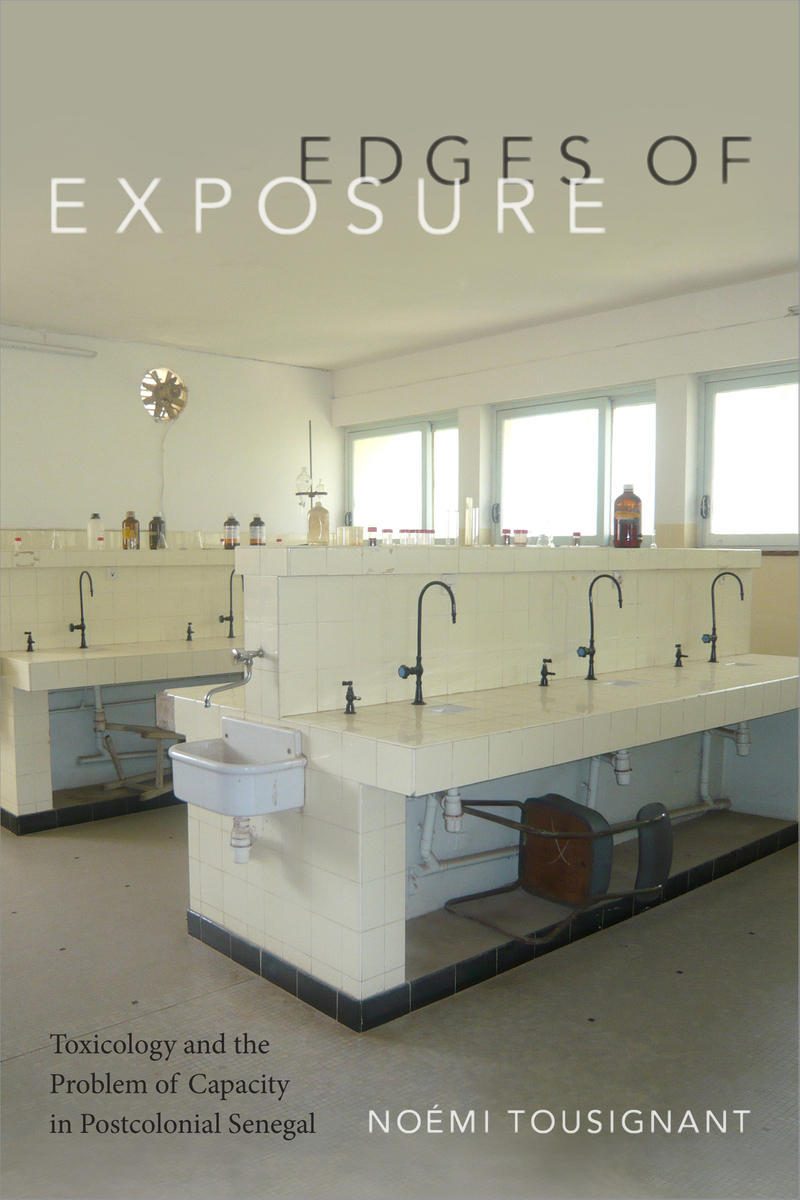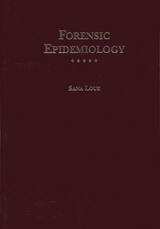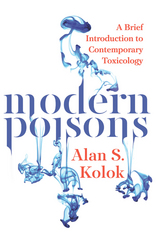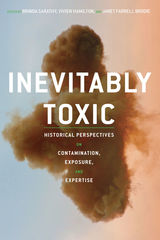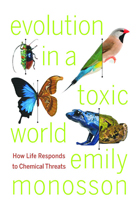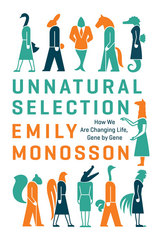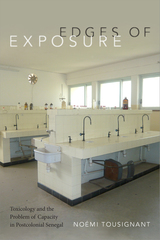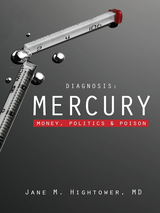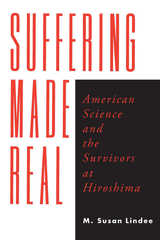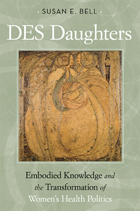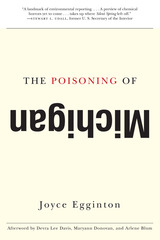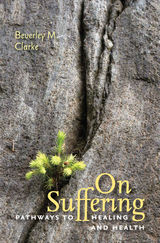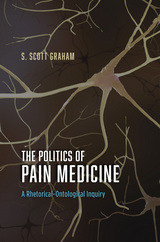Edges of Exposure: Toxicology and the Problem of Capacity in Postcolonial Senegal
Duke University Press, 2018
Paper: 978-0-8223-7124-3 | eISBN: 978-0-8223-7172-4 | Cloth: 978-0-8223-7113-7
Library of Congress Classification RA1226.T66 2018
See other books on: Edges | Environmental justice | Environmental toxicology | Senegal | Toxicology
See other titles from Duke University Press
Paper: 978-0-8223-7124-3 | eISBN: 978-0-8223-7172-4 | Cloth: 978-0-8223-7113-7
Library of Congress Classification RA1226.T66 2018
ABOUT THIS BOOK | AUTHOR BIOGRAPHY | REVIEWS | TOC | REQUEST ACCESSIBLE FILE
ABOUT THIS BOOK
In the industrialized nations of the global North, well-funded agencies like the CDC attend to citizens' health, monitoring and treating for toxic poisons like lead. How do the under-resourced nations of the global South meet such challenges? In Edges of Exposure, Noémi Tousignant traces the work of toxicologists in Senegal as they have sought to warn of and remediate the presence of heavy metals and other poisons in their communities. Situating recent toxic scandals within histories of science and regulation in postcolonial Africa, Tousignant shows how decolonization and structural adjustment have impacted toxicity and toxicology research. Ultimately, as Tousignant reveals, scientists' capacity to conduct research—as determined by material working conditions, levels of public investment, and their creative but not always successful efforts to make visible the harm of toxic poisons—affects their ability to keep equipment, labs, projects, and careers going.
See other books on: Edges | Environmental justice | Environmental toxicology | Senegal | Toxicology
See other titles from Duke University Press
